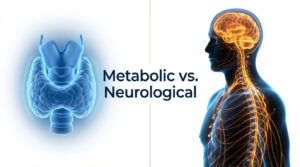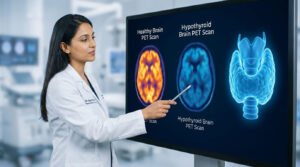FITNESS – Mantra to Keep Lifestyle Disorders Ashore
Evolution, a boon to mankind brought crucial developments not just in the physical and mental framework of human species, but also brought various advancements in housing, sanitation to even standard of living. Various new, healthy foods, rich diet and advanced medical sciences have insulated populations from the life and death struggles of natural selection, making humans the supreme species at the top of food chain. With developments in the body, what changed immensely over a period of time and continues to do so, is our lifestyle’. Health is directly impacted by the lifestyle one follows. From active, hunters and gatherers to today’s sedentary, desk-bound, modern human, the effect of transitions on the body across generations has also started to show many downsides.








